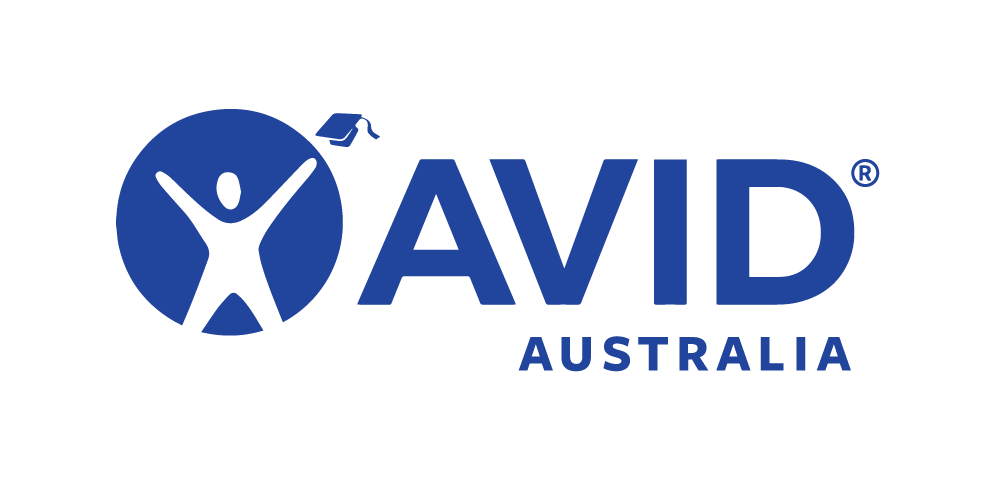Psychology is the scientific study of how people think, feel and behave. It is an evidence-based discipline that follows the principles of scientific inquiry to explore human cognition, behaviour and thought. This course introduces students to the principles of scientific inquiry and their application to planning, designing and conducting psychological investigations using appropriate procedures and practices. Students have the opportunity to collect, process, evaluate and critically interpret information from a range of scientific sources, and to evaluate the credibility of these resources. Students will develop an understanding of ethical guidelines and their importance to psychological practice. Through the study of psychology, students will be introduced to a variety of psychological theories, studies, models and concepts that exist simultaneously and continue to evolve in a variety of contexts. They will learn how to critically evaluate psychological concepts, interpretations, claims and conclusions with reference to empirical evidence.
Students develop the skills to apply their psychological knowledge to familiar and unfamiliar contexts to explain thoughts, feelings and behaviours in the everyday world. On a larger scale, psychological knowledge can help us understand how individuals function within different contexts and how culture shapes people’s values, attitudes and beliefs. Students will also learn how to construct coherent and logical responses to psychological concepts and understandings using appropriate terminology for a range of audiences, demonstrating a critical awareness of cultural and societal values and expectations.
This course is designed to integrate the understanding of the principles of science inquiry, the acquisition of psychological knowledge and the application of both in an enjoyable and contemporary way. The study of psychology is relevant to further studies in the health professions, education, human resources, social sciences, sales, media, marketing and management.
Prerequisites:
Minimum B grade in Year 10 Science
Syllabus:
The Year 11 syllabus is divided into two units, each of one semester duration, which are typically delivered as a pair. The notional time for each unit is 55 class contact hours.
Unit 1 – Biological and lifespan psychology
This unit introduces psychology as an inquiry-based discipline. Students begin to learn concepts associated with psychological theories, studies and models, which develop and change over time, to explain human emotion, cognition and behaviour. Students learn the basic structure of the central nervous system and some effects of this structure on the way humans think, feel and behave. They are introduced to several methods used to study the brain.
The unit introduces lifespan psychology with a key focus on adolescent development. Students have the opportunity to understand the impact of developmental change on human thoughts, feelings and behaviours. They extend their understanding of developmental processes through learning the role of attachment and identifying stages of development according to specified theorists.
Unit 2 – Attitudes, stereotypes and social influence
This unit focuses on the influence of others on human behaviour, cognition and emotion. Students explore the function and effect of attitudes and apply the tripartite model of attitude structure to develop a more complex understanding. Students explore theories of cognitive dissonance, social identity and attribution with reference to relevant psychological studies, and apply these theories to real-world experiences.
The unit introduces social influences. Students learn the role of stereotypes and the relationship between attitudes, prejudice and discrimination in a range of areas. They learn about the relationship between social influence and the development of prosocial and antisocial behaviours.












